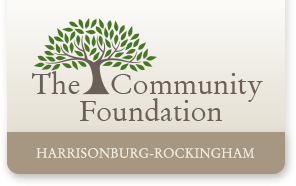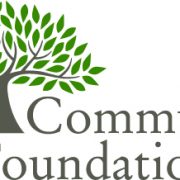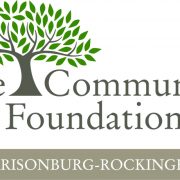What seems charitable may not always be deductible in the eyes of the IRS
What seems charitable may not always be deductible in the eyes of the IRS
With such a wide range of options available for you and your family to support your favorite causes and your community, ranging from crowdfunding to online solicitations, how do you know whether (and why) your donations are eligible for funding out of your account at The Community Foundation?
In short, contributions to organizations and causes that would fall into the non-tax-deductible category, although worthy investments to help the community, generally are not eligible recipients of grants from your funds at The Community Foundation. Remember, you received a tax deduction when you transferred assets to your fund at The Community Foundation, which means the money needs to be distributed to charitable organizations and causes qualified to receive tax-deductible contributions.
If you’re interested in the legal background, keep reading!
Section 501(c) of the Internal Revenue Code lays out the requirements for organizations to be considered tax-exempt, meaning they don’t pay taxes. This is a status for which an organization must seek IRS approval.
Even under Section 501(c), there are different types of nonprofits that are recognized by the IRS as tax-exempt. To qualify specifically under the Internal Revenue Code Section 170 charitable deduction for gifts to Section 501(c)(3) organizations, the recipient organization must be organized and operated exclusively for “charitable, religious, educational, scientific, literary, testing for public safety, fostering national or international amateur sports competition, and the prevention of cruelty to children or animals.” In other words, “charitable,” according to the IRS, has a very specific definition. Your funds at The Community Foundation help you support the 501(c)(3) charitable organizations you and your family care about.
Separate from your charitable donations, perhaps you and your family also support social welfare groups (organized under Section 501(c)(4) of the Internal Revenue Code). Examples of social welfare groups include neighborhood associations, veterans organizations, volunteer fire departments, and other civic groups whose net earnings are used to promote the common good. Donations to social welfare groups are tax deductible in only certain cases (e.g., gifts to volunteer fire departments and veterans organizations). Your fund at The Community Foundation can’t be used to support non-tax-deductible civic causes, but certainly you can continue supporting these causes out of your personal assets.
Similarly, chambers of commerce and other business leagues fall under Internal Revenue Code Section 501(c)(6); donations to these entities are not tax deductible, either.
In addition to your civic activities, perhaps you’ve also helped set up a dedicated account at a bank to provide scholarships to the children of an accident victim, or even participated in a GoFundMe fundraiser to help a specific family. These vehicles, along with other crowdfunding platforms, typically do not meet the qualifications for a charitable organization under Section 501(c)(3), usually because the funds are earmarked for a particular person or persons.
We know the rules are complex and can be overwhelming! If you have any questions about the tax deductibility of your contributions to various organizations, and whether your community foundation funds can be deployed to make the contributions, please reach out to the team at The Community Foundation. We are immersed in the world of Section 501(c) every single day and are happy to help you navigate the rules.
The team at The Community Foundation is honored to serve as a resource and sounding board as you build your charitable plans and pursue your philanthropic objectives for making a difference in the community. We also encourage you to consult your tax or legal advisor to learn how this information might apply to your own situation.
Call us any time from 9am to 5pm Monday through Friday at 540-432-3863 for questions. www.tcfhr.org














